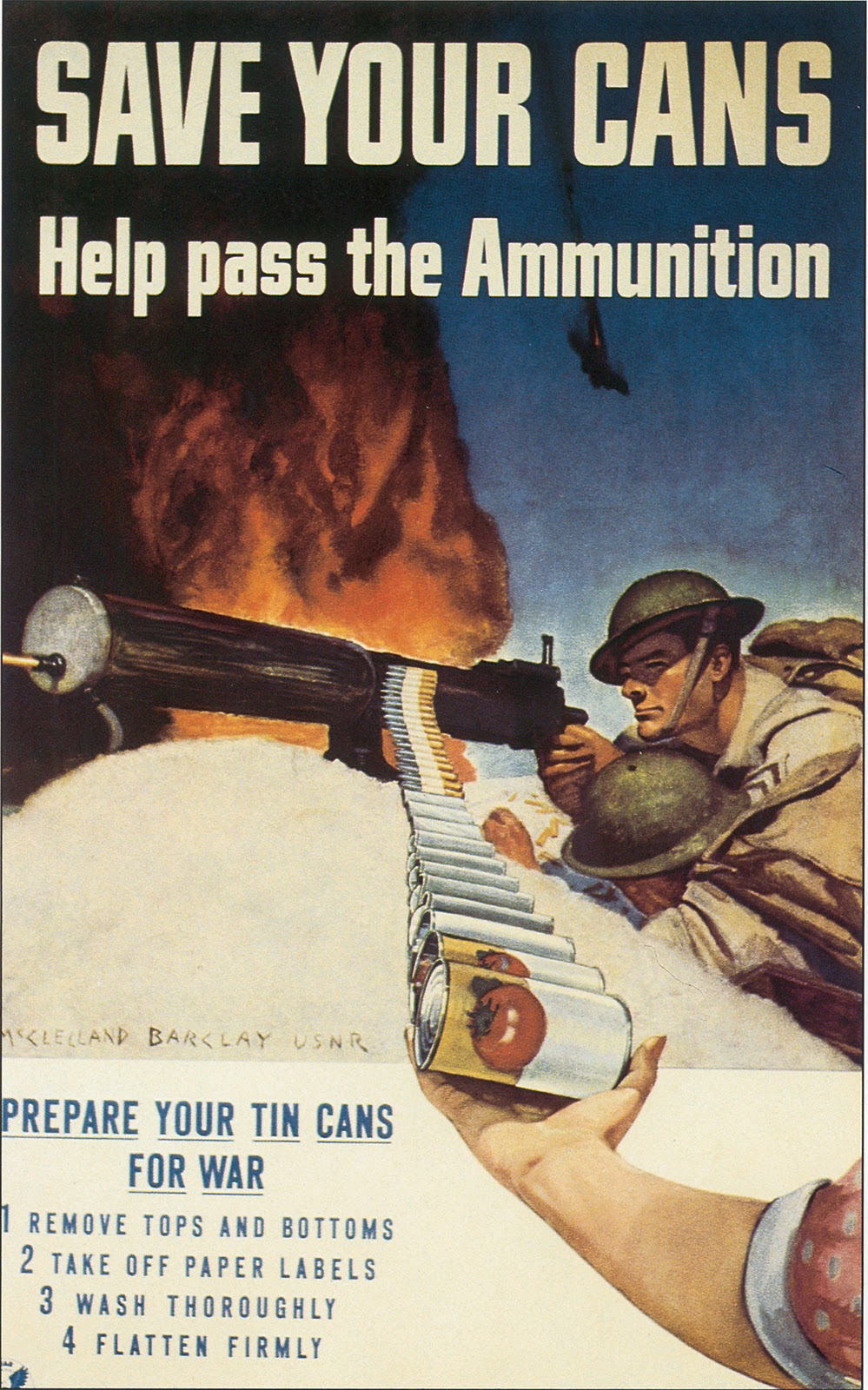
During World War II, my mother and her sister became heroes by simply kicking a tire. You see, it was a time of sacrifice for the United States for the war effort, which required massive amounts of goods and labor to produce the staggering amount of planes, tanks, weapons, and all the components that went into making them.

Yes, even tin cans were pressed into recycling to win the War. Women would look with admiration to the point of jealousy over a pair of silk stockings, the silk rationed for parachutes. Sugar rationing was the norm, as was gas rationing; many found there way by foot, bus, bicycle or other public contrivance.
By the later stages of the war, almost all the rubber products, mostly tires, had been discovered and recycled for the war effort. Any new drive for rubber consisted mainly of the odd broken tire tube, or perhaps an old pair of sneakers with rubber soles. (Rubber production had been cut off by the Japanese, who had control of the main rubber producing areas of the world.)
So as my mother and her sister walked home from school one afternoon in Long Beach, California, she kicked what she thought was a large pile of leaves. To her delight, they uncovered a treasure trove of a large truck tire. She and Jeanne, my aunt, brought it to the school rubber drive, and were honored for their winning truck tire.
War brings famine. Consider the four horsemen of the Apocalypse of Revelation Chapter 5. The horsemen are, in order, the ant-christ, war, famine, and death. Make no mistake. What Nehemiah and the Jews experienced was war.
Now you may say there were no battles, no bloodshed. But there were battles, there was what we might call today psy-ops, or even cyber war. Testing of the minds, discouragement, and real poverty induced famine in order to rebuild a barricade between the very hostile forces surrounding them. The battles are even more vicious than a physical war; they are spiritual war. And you and I are in the midst of a great one today. Let us see what we can glean to aid us in the battle.
Summary / Thoughts
| Nehemiah 5:1-5 | The economic strain of rebuilding Jerusalem took a toll on the people of the land. On top of this, previous rulers had exacted heavy taxes to support their mode of living.
Leviticus 25:25-41 records the rules for Jews for borrowing and paying back. Compare that to present day practices. What advantages are there for the Jew over the Gentile? What kind of response does God desire from lenders? |
| Nehemiah 5:6-13 | Nehemiah’s is the response of a good pastor: a shepherd leader. When Nehemiah says we, he is really saying he redeemed many of the enslaved Jews. He was howlin’ mad at those who were not only in a position to take advantage of the situation, including Nehemiah, but did take advantage of their countrymen, unlike Nehemiah.
The “hundreth part” is NOT that the lenders tok 1% interest per annum, it was 1 % per month, which, with compounding, works out to 12.68% per year. Compare that with a secured first Trust Deed and Note of today running under 5%! Apparently the private appeal did not not work. “He consulted himself.” Because his God-trained, God wizened mind revealed to him his course of action, not behind-closed-doors, but where public corruption belonged, in public! He stated what was right (as quoted above in Leviticus), received a firm commitment in the form of an oath, made known the consequences of failing to meet that oath, and most importantly, saw to it the promise was kept. Accountability says “You don’t get what you want, you get what you follow through on.” |
| Nehemiah 5:14-19 | What if Nehemiah had not done the things that he demanded of the lenders? Would he be in a position to command the return of usury? No, but not only did he observe the Law, he surpassed it with his generosity to the poor, the people he liberated, the just taxes he did not collect, and the opportunity to acquire land and prosperity in deference to the building of the wall.
His record in the verses could well be not the boast, but the example. |
Application – Your life as a leader is always public.